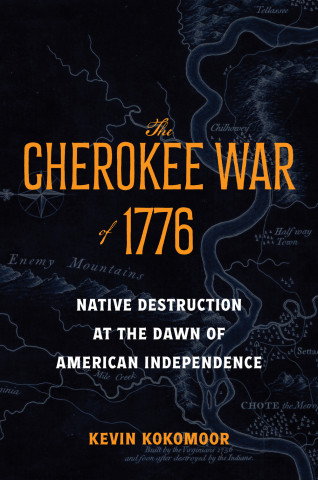
Reviews
At the core of this volume 'is the story of how freedom from want, an economic freedom defined by classical liberalism, became one of the essential human freedoms of modern American liberalism'... Edward Bellamy, Thorstein Veblen, and Adam Smith are a few of the many thinkers whose work Donohue reviews... This scholarly volume deserves a wide audience.
A well-crafted example of traditional intellectual history. Donohue's close reading of the works of a variety of economic and political theorists not only provides interesting new insights into the thought of the individuals she examines, but also allows her to construct a compelling narrative of the dramatic change that occurred over a span of half a century in liberal thinking about the role of consumption and consumers in the political economy.
This is an intelligent, well-researched, carefully nuanced book about the gradual displacement in U.S. liberalism of a producerist outlook by a consumerist perspective... Donohue gives us a rich intellectual history of the bases for the government-managed, full-growth, high-employment, demand-driven economy that flourished as an ideal, and to a considerable extent in practice, between the 1940s and the 1970s.
Donohue offers a powerful case intertwining economic, intellectual, and political history... A most valuable contribution to the history of American economic thought.
A provocative update on the effort that has gone on at least since Alexis de Tocqueville's time to sort out the relationship between material desires and democracy.
An authoritative and well-researched account of the emergence of consumption and the consumer within American political economic thought.
Furthers understanding of the political history of mass consumption in the United States.
The book offers a well-researched and thoughtful history of ideas, and it should be of interest to economists as well as intellectual and economic historians.
An important contribution to the history of modern American liberalism. In a series of exceptionally acute readings of writers and activists both familiar and obscure, she makes a compelling case for an important shift in the estimate of the virtues of the consumer in American economic thought from the mid-nineteenth century through the New Deal. Her book will open many eyes with a fresh perspective on thinkers historians thought they knew well and brings to light the work of others whose significance has been neglected.
A wonderfully rich and complicated exploration of a major shift in the way Americans came to view their society. Brings together not only a great deal of existing scholarship but also an impressive familiarity with the primary sources to create a coherent and persuasive account of the rise of consumerist ideas in the first half of the twentieth century.
A truly original book. One that reveals an exceptionally strong command of the history of political theory and the history of economic ideas. Unusually bold and polished, it adds admirably to our understanding of the emergence of consumer ideology and the reshaping of American liberalism and politics.
Many books have been published recently on the topic of consumer society, but this one carves out a unique place on that shelf. Freedom from Want is impressively documented, well constructed, historiographically significant, and persuasive, expertly moving beyond consumer society itself to make an original contribution to the history of American liberalism.
Book Details
Acknowledgments
Introduction
1. The Producerist Worldview, 1870–1900
2. Legitimizing the Consumer, 1880–1900
3. At the Crossroads, 1899–1912
4. Politicizing the Consumer, 1909–1923
5. "What's an Economic
Acknowledgments
Introduction
1. The Producerist Worldview, 1870–1900
2. Legitimizing the Consumer, 1880–1900
3. At the Crossroads, 1899–1912
4. Politicizing the Consumer, 1909–1923
5. "What's an Economic System For?" 1917–1933
6. The Demise of Economic Planning, 1933–1940
7. The Common Ground of Abundance, 1933–1940
Conclusion
Notes
Essay on Sources
Index





